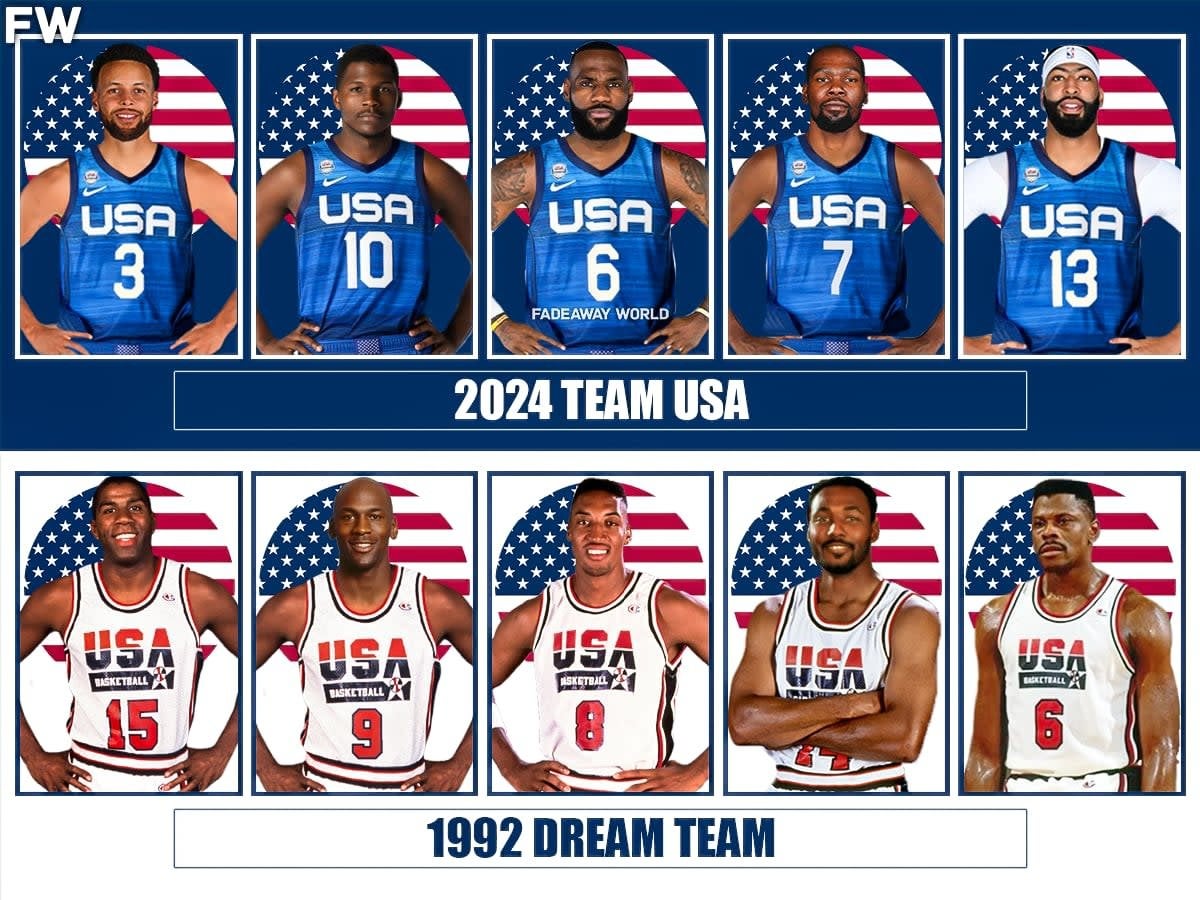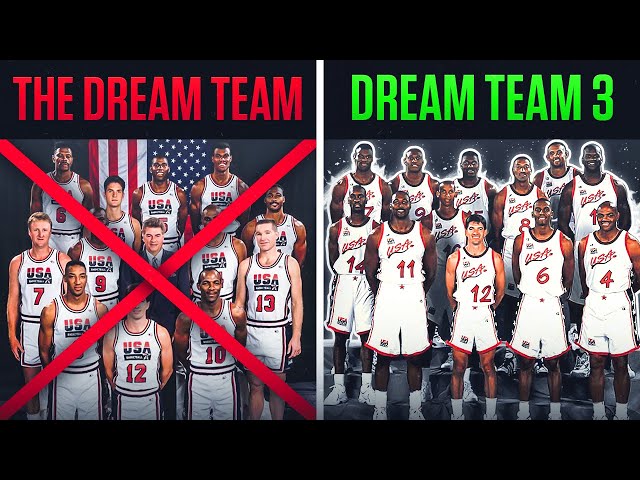So, everyone talks about building a “dream team,” right? Get all the top guns, the A-players, and boom, magic happens. Well, let me tell you, I’ve been there, done that, and it wasn’t always pretty.

My Brush with a So-Called “Dream Team”
I remember this one project. A big one. Management was all excited. They said, “We’re putting together a dream team for this!” And yeah, on paper, it looked amazing. We had the super coder, the design guru, the guy who knew every shortcut. All heavy hitters, supposedly.
So, we kicked things off. I tried to, you know, get everyone on the same page, talk about how we’d actually tackle the work, divvy things up. But man, it was tough. It felt like everyone was operating in their own little bubble. Lots of, “This is how I do it,” and not a whole lot of, “How can we make this work best?” I spent a lot of time just trying to get people to talk, to really listen to each other.
We ended up burning so much time, not on building the actual thing, but just… on friction. Or, not even big blow-up arguments, but this undercurrent of tension. Everyone seemed to want to be the standout star, I guess. So, deadlines started to get shaky. The whole vibe felt like trying to run through quicksand. That was a real eye-opener for me. This whole “dream team” concept? Maybe it wasn’t the golden ticket I thought it was.
Then Came the Chance to Do It Differently
A bit later, I got the opportunity to head up a smaller project. This time around, I told myself, “Okay, no more just chasing after the biggest names or the shiniest resumes.” I wanted to put together what I started calling a select team in my head. My main thought was, I needed folks who genuinely wanted to be part of a team, not just rack up another achievement for their highlight reel.
So, when I was looking at people, I shifted my focus. Sure, skills were important, you can’t get around that. But I also really zeroed in on other things. I looked for:

- People who actually listened when others spoke.
- People who weren’t too proud to ask for a hand, or to offer one without being asked.
- People who could have a discussion, even a disagreement, without it turning into a battle of wills.
- Folks who were just, you know, generally decent human beings who wanted to get the job done as a unit.
It wasn’t about finding the absolute “best” individual for each tiny role. It was more about finding the right combination of people for the team as a whole. Some had tons of experience, others were a bit newer to the game, but they all shared that key thing: they were ready to collaborate.
What Happened Next? Total Surprise.
And you know what? The difference was like night and day. We got started on the work, and things just… clicked. When we hit a roadblock, someone would flag it, we’d actually huddle up, talk it through, and figure out a way forward. There weren’t any massive egos clashing for dominance. People genuinely helped each other out, shared tips and tricks they knew. It wasn’t always a perfectly smooth ride – no team ever is – but the atmosphere was completely different, so much more positive.
We delivered that project, and we delivered it well. And honestly, it was a heck of a lot less stressful than the “dream team” experience. It felt really good, like we’d actually built something meaningful together. The quality of what we produced was top-notch, maybe even a step above what that supposed “dream team” was struggling to churn out. It really got me thinking hard about what makes a team truly effective.
My Two Cents on This Whole Thing
So, that’s my little story from the trenches. For me, this whole idea of a “dream team” packed with individual champions? I’m not buying it wholesale anymore. I’ve seen with my own eyes that a select team – a group of people carefully chosen for how well they gel, their attitude, and their genuine desire to function as a team – that’s where the real power lies.
It’s not always about having the players with the most dazzling stats. Sometimes, it’s about getting the right players on the field who know how to work together, who know how to pass the ball so the team scores. That’s the big lesson I took away from it all, anyway. Took me a bit of bumping around to figure it out, but now, that’s what I prioritize. Forget the hype of a dream team; give me a well-chosen, cohesive select team any day of the week.















